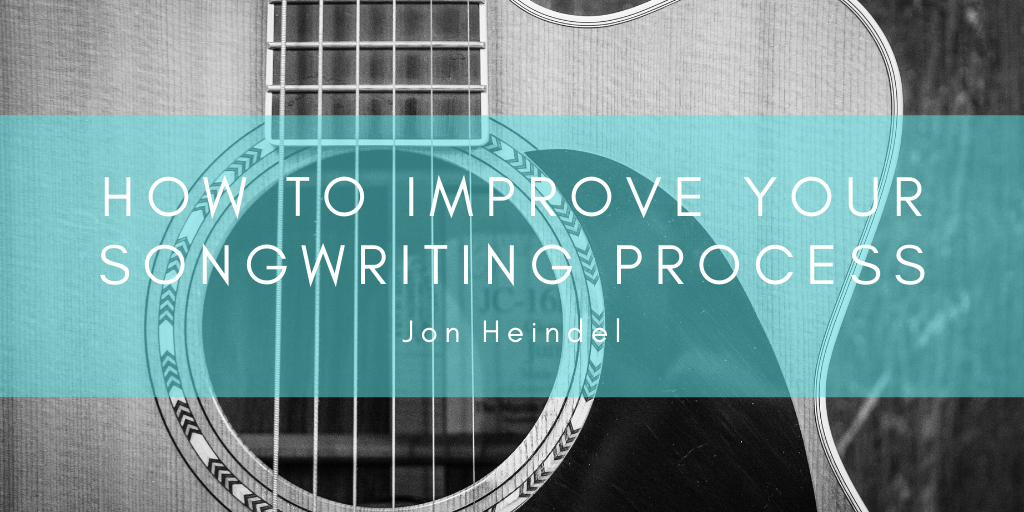Songwriting can often be a different process for every person. Do you usually start with a melody or lyrics first? Creating a strong melody with rhythm can often help create a flow for words if you start with the melodic side of things first. Creating a pairing of chords that best suits the tonality of what you are trying to convey in your song can help to build your platform for which you put words together. Sometimes writing lyrics is your strong point, but maybe not so much the melodic part of it, this is where having a songwriting partner can come into use, pairing someone great at creating a melodic harmony can help give your music the edge that you want it to have.
Playing With Chords
If you don’t have the option to work with a songwriting partner, but your mind is coming up blank after you have already written the lyrics and you can’t think of a melody that would work with it, it’s a good idea to play with some chord progressions that you think might suit it best. Either creating some of your own or looking up some that may work for your song.
Read Your Lyrics
Reading your lyrics several times aloud will help you find a tempo. With this exercise, try reading them at various tempo’s. Try to create the rhythm by using the pacing of your words. The rhythm can help you come up with a strum pattern or chord progression if you plan to add guitar or piano progression.
Climactic Wording
For every verse, try to find wording that you can create climactic points off of. Going through and circling those words can help you to realize that those are the words that you want to have the most impact when singing your song—using climactic words to lead into things like a chorus or your hook towards the end of the song.
Emotional Value
Assigning different emotional values to your lyrics can also help you to figure out what kind of impact you want to have with your song. If your line is something descriptive such as, you feel, hear, taste, see, etc. you can assign that between a 1-3 for value. Something more on the lines of action, you can assign a 4-6 rating. Things that evoke more emotion can be rated as a 7-9. The lines that you value at a 1-3 can potentially start on a lower melodic tone, whereas your lines valued at 4-6 can help the song to pick up. This is also the time you can start playing with chords to best suit those lines.
Creating a song can sometimes be complicated, but it is rewarding when you finally come up with something that you enjoy. Music is about the practice and also patience when you are trying to make something work, but it may not be coming out quite like you want at first. If you have the option, try talking to someone about different harmonies, keys, and chord progressions if you are having difficulty coming up with them. Songwriting should be fun and a creative outlet for yourself to express your emotions, have fun with it, and work off a creative flow that works best.

